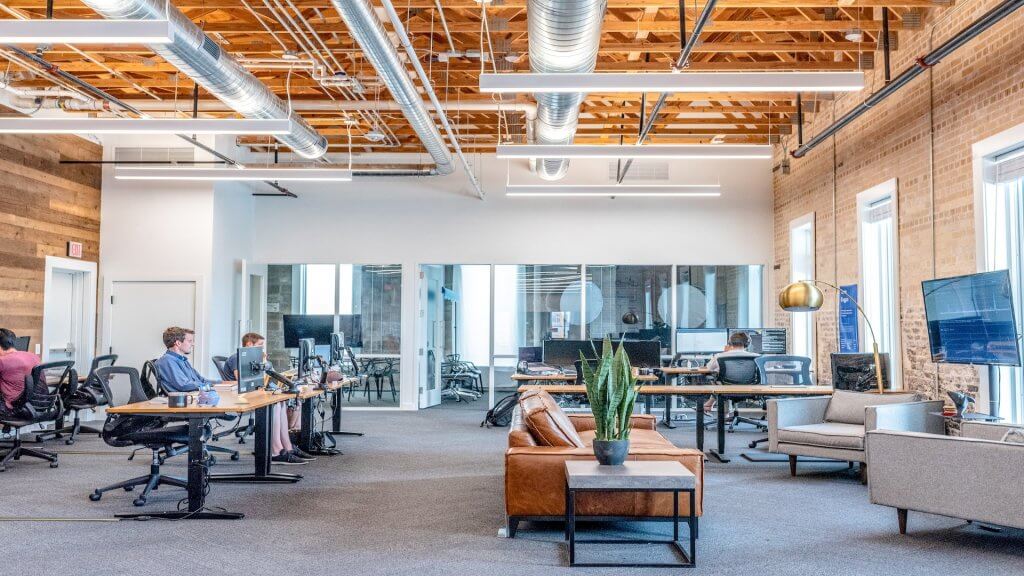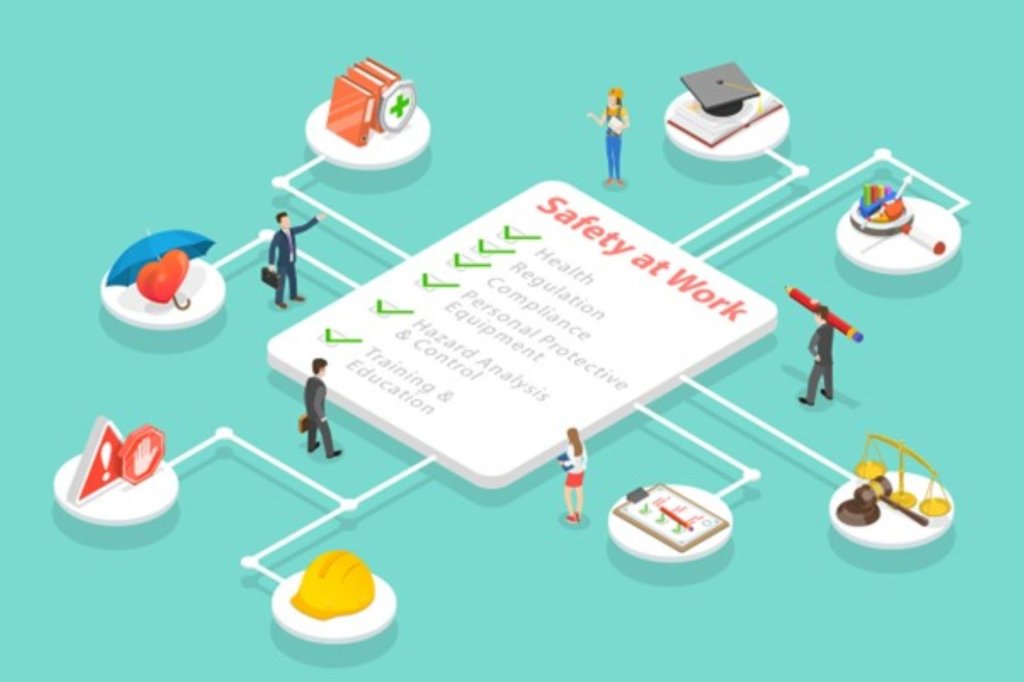Most of us take it for granted these days, but the rate of technological change in the past decade or more is astonishing. Super-fast internet, cloud storage, video streaming; just imagine what things will be like a decade from now.
The development of new tech has particularly impacted the business world, bringing both opportunities and threats to SMEs and major corporations alike.
Accountancy is one area that has changed beyond recognition during the digital revolution. Key functions like tax reporting, forecasting, and making/receiving payments have now moved online, and are backed by the latest developments in software and fintech.
If you are an aspiring accountant, you need to be up-to-date with the changes that will shape the next generation of accountancy. If you own a start-up company or established firm, you should know how accounting has changed in an increasingly uncertain business world.
So, here are some insights to consider right now and for the years ahead.
Making Tax Digital
One of the most significant changes for businesses in the UK to ensure they are tax compliant is adhering to HMRC’s new digital filing systems.
Making Tax Digital, or MTD as it is often known, is legislation that relates to how businesses file their tax returns. As of the start of November 2022, all firms must switch to official MTD filing instead of using their current online VAT accounting method and keep comprehensive records of their VAT and corporation tax to satisfy the requirements.
All VAT-registered companies must conform to Making Tax Digital requirements (barring those specifically excluded) regardless of whether they cross the old VAT threshold. The easiest way of meeting the rules is to utilise MTD-specific accounting software.
You will need to register for MTD if you haven’t already, and there’s plenty of information about that online if you are unsure.
Analysis & forecasting
The current economic conditions around the world, and specifically in the UK, are such that many businesses face uncertainty and unpredictability.
There’s only so much that you can do to prepare for those unknown eventualities. However, by analysing your current financial position – and using digital tools to help forecast the weeks and months ahead – you will at least have some context for your decision-making.
Accounting software packages offer a range of features that let you analyse past data and take decisions based on that. There are training courses available that offer an insight into data analysis and forecasting, while many specialist accountancy firms can help with this. This can help owners and CEOs to make the most informed choices for their business.
Financial analysis is nothing new, but the tools and software packages that the digital revolution has afforded business owners ensure you can make smarter decisions – vital in these challenging economic times.
Tech revolution
It’s incredible to think now, but accounting was once carried out manually with paper and pen, with accounts filed in an old-fashioned set of folders.
It required an amazing amount of work, so moving accountancy online has saved time and hassle and helped minimise the errors that can creep in when working with high volumes of numbers, especially when there are filing deadlines to satisfy.
Accounting software has helped to create efficiencies for businesses of all sizes, while the increased implementation of fintech has armed company owners with various tools to help run their day-to-day business; be it cloud storage – ensuring around-the-clock access to essential accounting info – or faster, more secure payment mechanisms.
Even the ‘grassroots’ of accounting, such as data collection and entry, has been enhanced by automation tools and artificial intelligence, which has helped to minimise the mistakes of incorrect invoicing or inaccurate reporting.
It has created a greater synergy between company directors and their accountancy staff – in-house employees or an external firm – and their efficiency gains that can help businesses save money and make better, more informed decisions and with one eye on the future.
For anyone planning on a career in accountancy, it’s vital that you are comfortable using these new technologies. Whether managing accounts via the latest software, sharing data analysis through the cloud or sitting in on planning and forecasting meetings, your connections with your clients are required to be stronger than ever before.
These are exciting times for the accountancy profession – even at this moment in history where economic uncertainty reigns.
These are exciting times for the accountancy profession – even at this moment in history where economic uncertainty reigns.





















